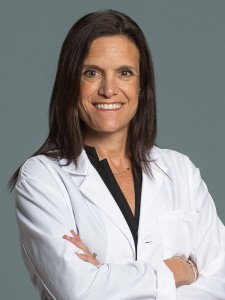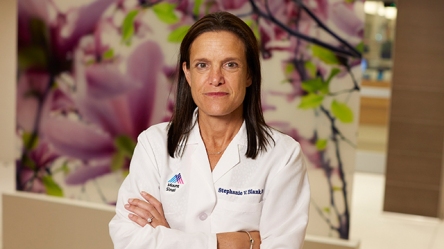 About a week or two ago I was asked by one of my employer’s, because I do both retail and healthcare work, if I’d cover a three day fill in shift.
About a week or two ago I was asked by one of my employer’s, because I do both retail and healthcare work, if I’d cover a three day fill in shift.
So I agreed to work the temporary assignment and I was given a little prior information and detail into the case.
When I arrived to my client’s residence I inhaled the strong odor of urine as soon as I walked through the door.
The mother of my client greeted me, lead me toward her son’s bedroom, then introduced me to him.
On the way through the home, I also inhaled a nasty odor reeking from the woman who was up in age.
The man was in his fifties and paralyzed on one side of his body due to a stroke. He was also overweight and wore a diaper.
I told him the diaper was too small as the fasten wasn’t reachable to cross over to the other side.
The man had gotten slightly offended by my words and uttered out to me, “I hate when people come and tell me the diaper is too small. These diapers are not too small I’ve been wearing this size diaper for years”.
I hadn’t meant any harm but the diaper was a bit too small to give him adequate protection to urinate and to move his bowels within.
In all honesty, I don’t know if manufacturers actually designed disposable diapers large enough to accommodate someone of his measurements.
Anyhow, we got past the disagreement, and I helped him out of bed with his diaper that didn’t properly fit, and all.
I helped him dress, put his leg brace on, I helped him balance himself, then I motioned him into his wheelchair and wheeled him into the porch to take his medication.
His mother was unable to push his wheelchair around the house because of his heavy weight. He needed someone to attend to him day and night. I was only there for the day shift he already had someone scheduled to come later on within the evening.
I’m between one hundred and thirty-five pounds to one hundred and forty yet I was able to lift him by the back of his pants to give him a jolt and I was able to push his chair.
It was all about technique to me, though, the man was indeed quite a load to bear, especially carrying the dead weight on one side of the body.
A physician came later that morning as a routine visit. This is how I found out exactly how much my client weighed. The doctor acknowledged the man was five hundred and thirty-five pounds, also addressing that he was morbidly obese, and since he was unable to proficiently stand or walk there was no way for him to exercise sufficiently.
He would just have to sit and lay and accumulate more pounds and additional health problems.
My mother didn’t understand how in the hell I helped to lift and push my client’s five hundred pound ass around his residence and tolerate the foul smells in which I professionally did.
The mother and the son were both nice and welcoming toward me and the man had apologized for his earlier attitude. The rest of the time that I had spent there had turned out very well, and the family was looking forward to my return.
However, I never made it back there. It just wasn’t meant to be. I had to call out for the other two days I was supposed to show up. My spirit just wouldn’t allow for me to go back under those hazardous conditions.
I also couldn’t take the chance of my client getting nervous due to the man’s confidence issues that he had revealed to me.
What if an accident occurred and he happened to have fallen on me? Then I may have been the one in need of attention and medical care.


 I’ve had extensive training in cognitive function and disorders as I worked in facilities and homes with those living and coping with forms and stages of dementia.
I’ve had extensive training in cognitive function and disorders as I worked in facilities and homes with those living and coping with forms and stages of dementia.

 About a week or two ago I was asked by one of my employer’s, because I do both retail and healthcare work, if I’d cover a three day fill in shift.
About a week or two ago I was asked by one of my employer’s, because I do both retail and healthcare work, if I’d cover a three day fill in shift.






